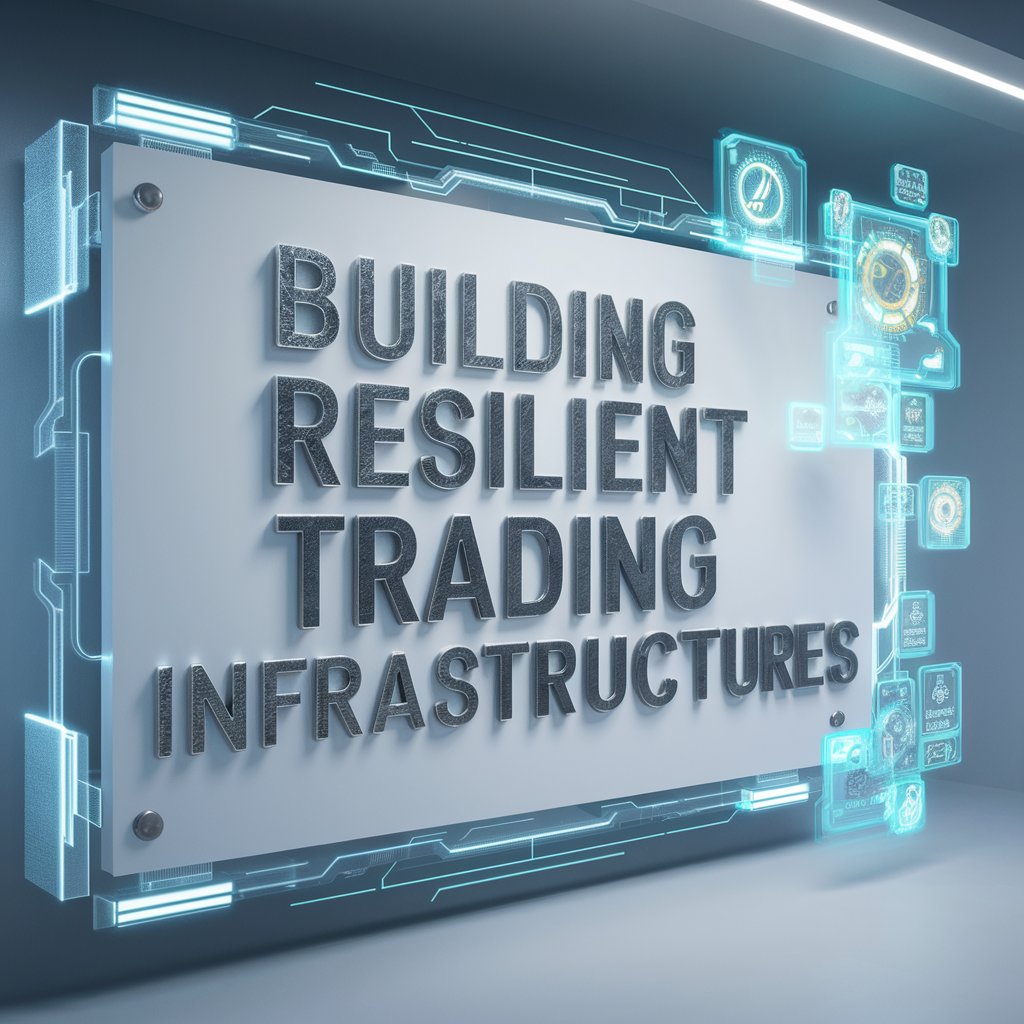In the rapidly evolving world of financial trading, ensuring the security and resilience of trading infrastructures is paramount. Advanced security protocols play a critical role in safeguarding systems against cyber threats, ensuring that trading operations remain smooth and secure. This article explores how these protocols fortify trading infrastructures and provides insights into building a robust security framework.
The Role of a Private Servers
A private server for trading infrastructure significantly enhances security. Unlike public servers, private servers offer a dedicated environment isolated from general network traffic. This isolation minimizes the risk of cyber threats and unauthorized access. By using a private server, traders can gain greater control over their security settings and performance, ensuring that sensitive trading data remains protected from external attacks. Additionally, private servers offer improved reliability and speed, essential for high-frequency trading operations.
Implementing Encryption for Data Protection
Encryption is a fundamental security measure that protects data from unauthorized access. It converts sensitive information into an unreadable format, which can only be deciphered with the correct decryption key. Implementing strong encryption standards ensures that data transmitted between trading platforms remains confidential and secure. This technology helps prevent data breaches and maintains the integrity of financial transactions, which is crucial for maintaining trust in trading operations.
Enhancing Security with Multi-Factor Authentication (MFA)
Multi-factor authentication (MFA) adds an additional layer of security by requiring multiple forms of verification before granting access. This process typically involves something the user knows (like a password), something the user has (such as a security token), and something the user is (biometric data). MFA significantly reduces the risk of unauthorized access, even if login credentials are compromised. Integrating MFA into trading systems helps protect against phishing attacks and credential theft, enhancing overall security.
Utilizing Intrusion Detection Systems (IDS)
Intrusion Detection Systems (IDS) are essential for monitoring network traffic and identifying potential security breaches. These systems analyze patterns and behaviors within the network to detect unusual activities or unauthorized access attempts. Upon detecting a threat, IDS can trigger alerts and initiate response protocols to address the issue promptly. Continuous monitoring by IDS ensures that potential security threats are identified and mitigated before they can cause significant damage.
Regular Updates and Patch Management
Keeping trading systems updated with the latest software patches is crucial for protecting against known vulnerabilities. Cybercriminals frequently exploit outdated software to gain unauthorized access or launch attacks. Regularly applying updates and patches helps close security gaps and protect against emerging threats. A proactive approach to patch management is vital for maintaining the resilience of trading infrastructures.
Employee Training and Awareness
Human factors play a significant role in security breaches. Providing training for employees on best practices and raising awareness about potential threats can greatly reduce the risk of security incidents. Educating staff on recognizing phishing attempts, using strong passwords, and following established security protocols contributes to a culture of security within the organization. An informed and vigilant workforce enhances the overall resilience of the trading infrastructure.
Conclusion
Building a resilient trading infrastructure involves a multi-faceted approach to security. Advanced protocols such as private servers, encryption, multi-factor authentication, and intrusion detection systems are essential components of a robust security strategy. Regular updates, proactive patch management, and comprehensive employee training further strengthen the defense against cyber threats. By implementing these measures, financial institutions can ensure that their trading systems remain secure and reliable, safeguarding sensitive data and maintaining operational integrity.






